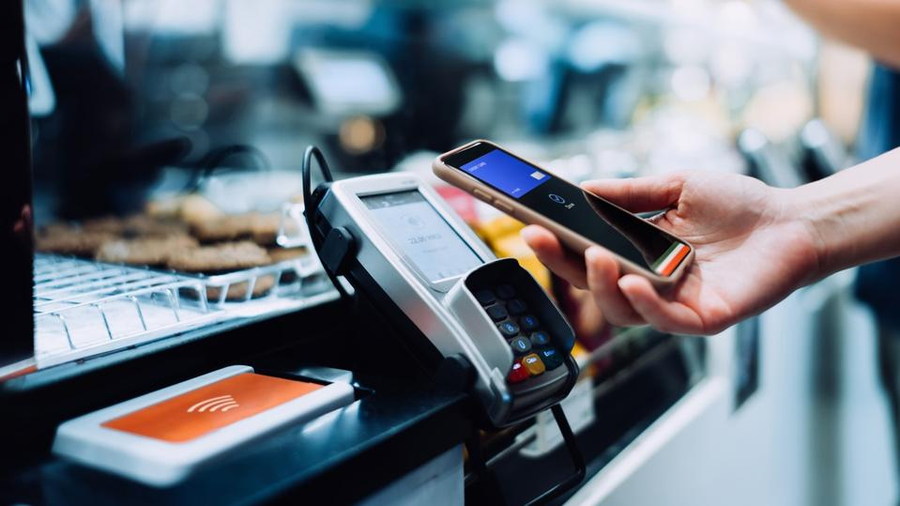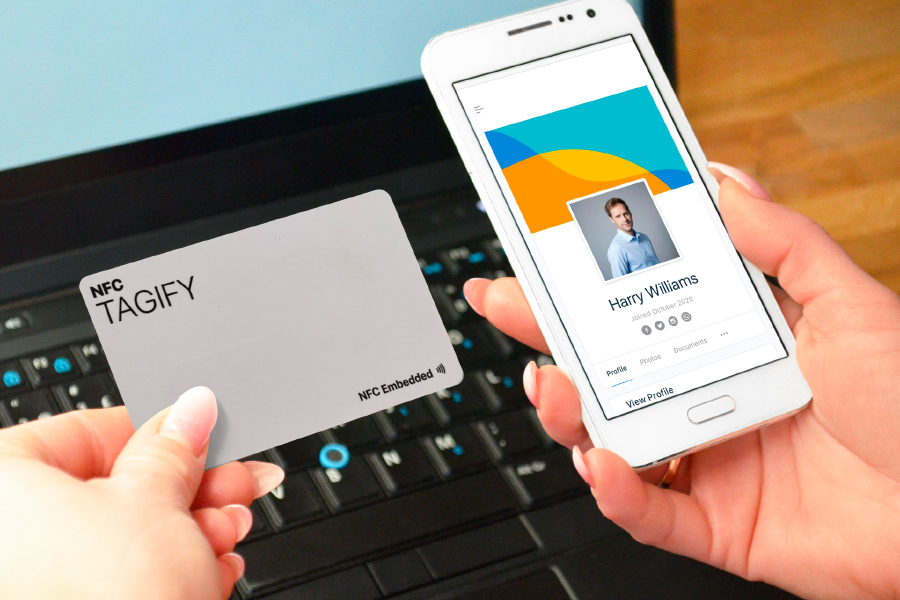Mobile wallets have revolutionized the way we make payments in today’s digital age. With just a few taps on our smartphones, we can now conveniently pay for goods and services without the need for physical cash or cards. However, this convenience comes with its own set of security concerns. It is essential to strike a balance between convenience and security when utilizing mobile wallets.
One of the primary advantages of mobile wallets is their ease of use. Instead of carrying numerous cards and cash, all we need is our smartphone. With a mobile wallet app installed, we can store multiple payment methods such as credit/debit cards, bank accounts, or even cryptocurrencies in one place. This streamlines the payment process and saves time for both customers and merchants.
Furthermore, mobile wallets often offer additional features like loyalty programs, reward points, and personalized offers. These incentives attract consumers by providing them with added benefits for using the mobile wallet as their preferred payment method. Whether it’s earning cashback or receiving exclusive discounts, these perks enhance the overall user experience and incentivize the adoption of mobile wallets.
However, alongside convenience, security should be a top priority when it comes to mobile wallets. The risk of unauthorized access and identity theft is a significant concern for users. To address this, mobile wallet providers employ various security measures to protect personal and financial information. These may include encryption techniques, secure authentication protocols, and biometric verification like fingerprint or facial recognition.
It is also crucial for users to take personal responsibility for ensuring the security of their mobile wallets. Practices like setting strong passwords, regularly updating the app, and refraining from sharing sensitive information are fundamental to maintaining the integrity of the wallet. Additionally, users should enable device security features such as PIN codes or pattern locks to prevent unauthorized access in case of theft or loss of the smartphone.
Another aspect of security is the prevention of fraudulent transactions. Mobile wallets employ advanced fraud detection systems to identify and block suspicious activities. These systems analyze transaction patterns, location data, and user behavior to detect any anomalies. In case of a potential threat, the wallet can restrict or decline the transaction, thereby safeguarding the user’s funds.
Despite these security measures, mobile wallets are not entirely immune to cyber threats. Hackers constantly evolve their techniques to exploit vulnerabilities in digital systems. Therefore, it is crucial for mobile wallet providers to stay ahead by regularly updating and improving their security infrastructure.
In conclusion, mobile wallets offer great convenience and efficiency in the modern payment landscape. They eliminate the need for physical cash or cards and provide additional benefits to users. However, it is essential to prioritize security to protect against unauthorized access, identity theft, and fraudulent transactions. By employing robust security measures and promoting responsible user practices, we can strike a balance between convenience and security in the realm of mobile wallets.





